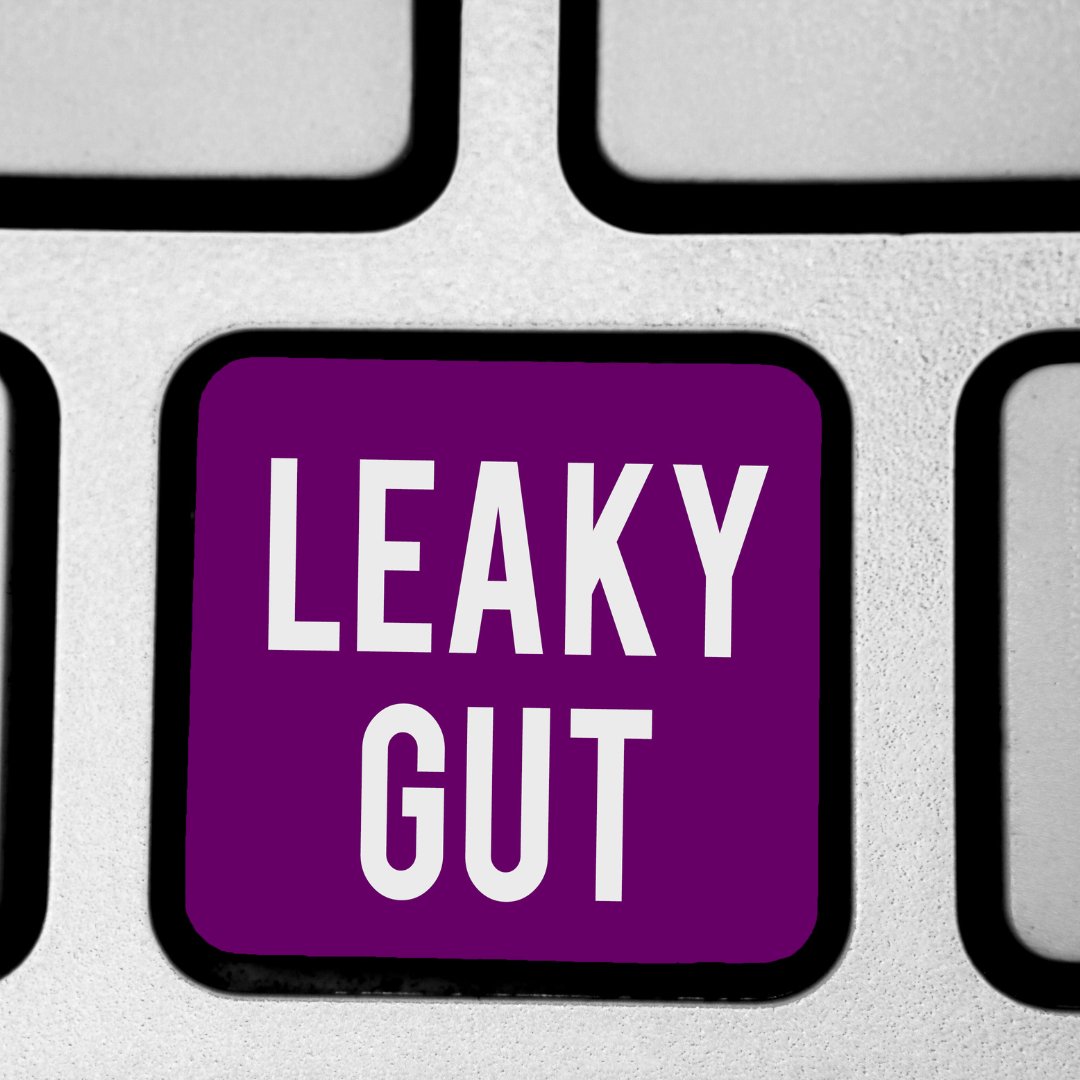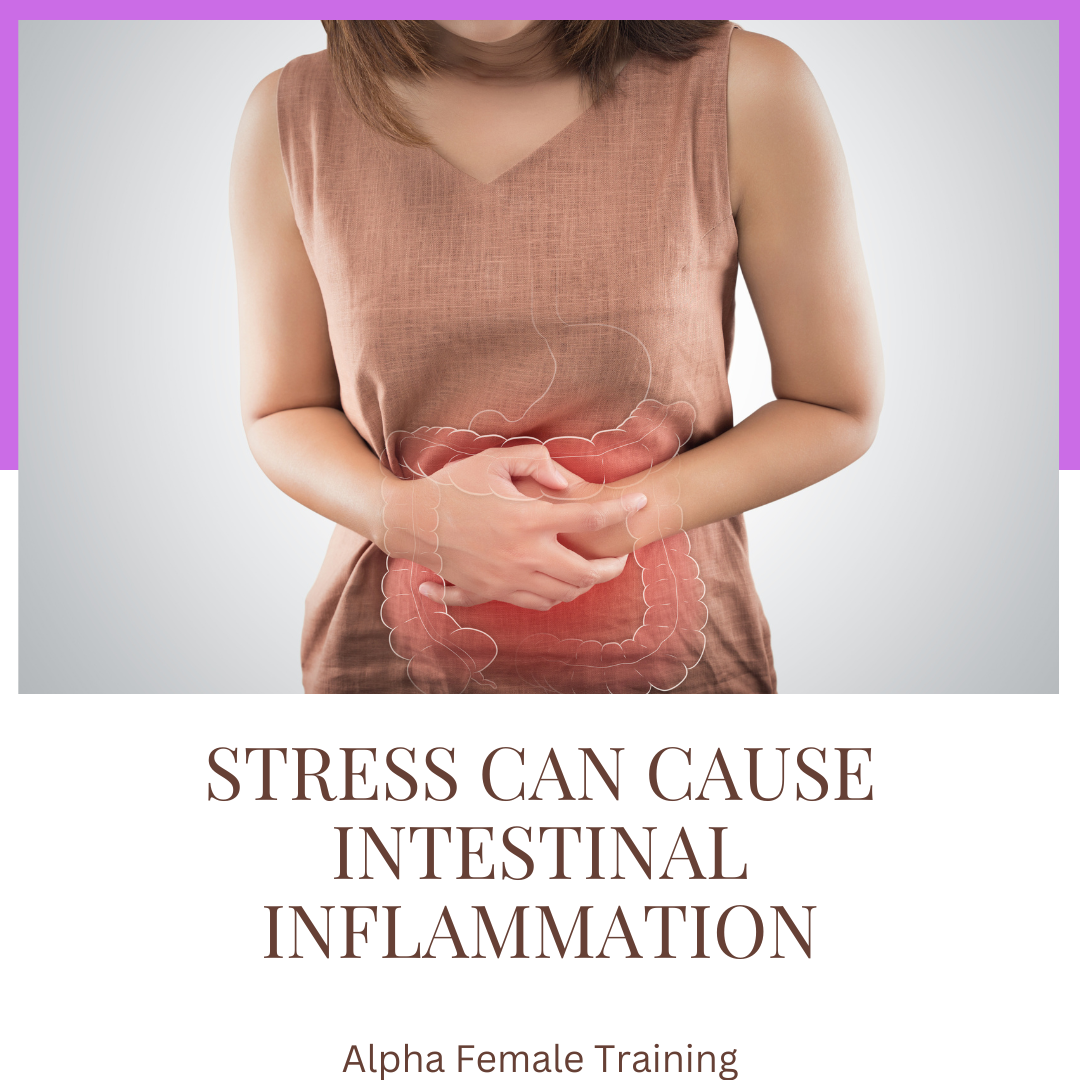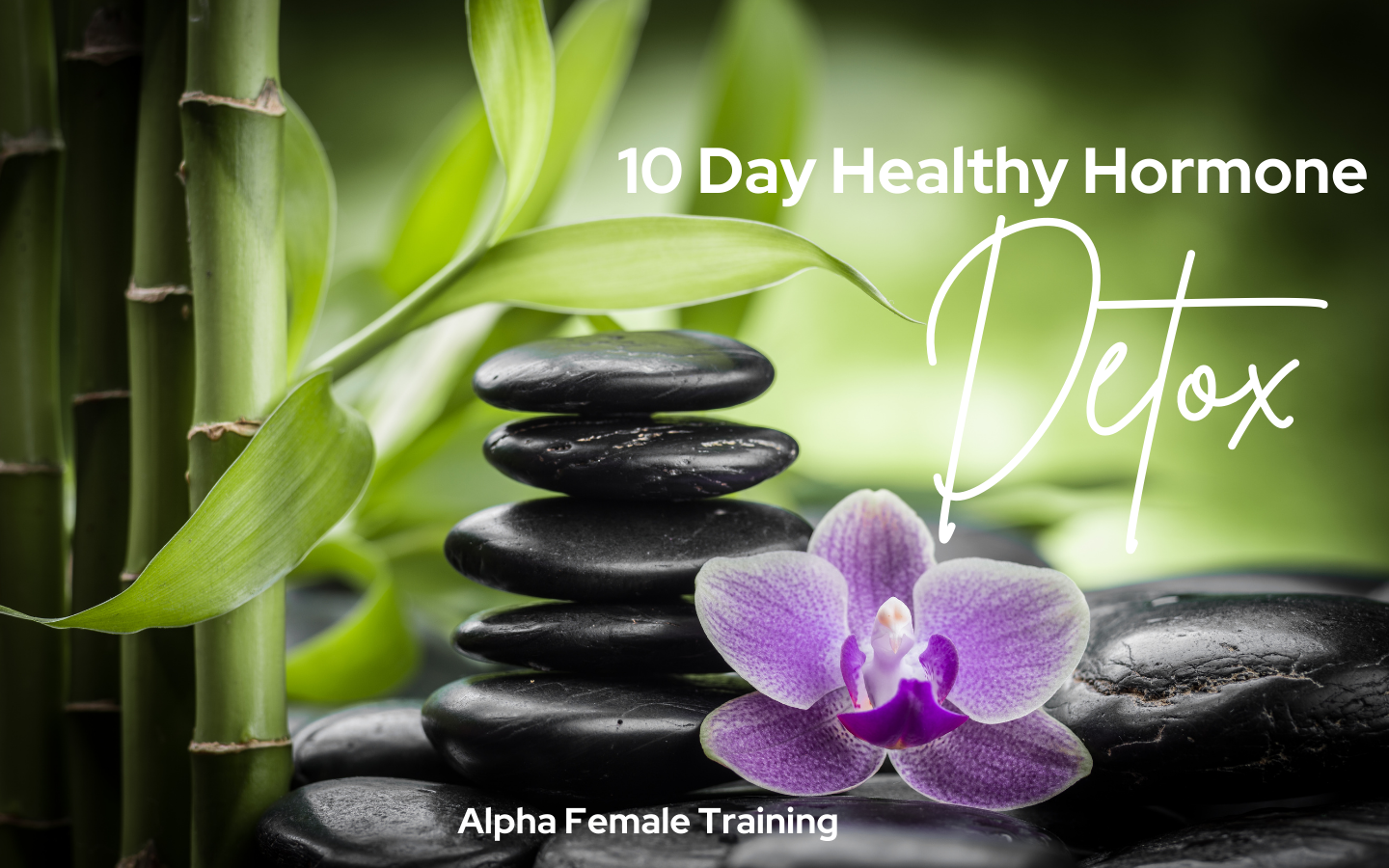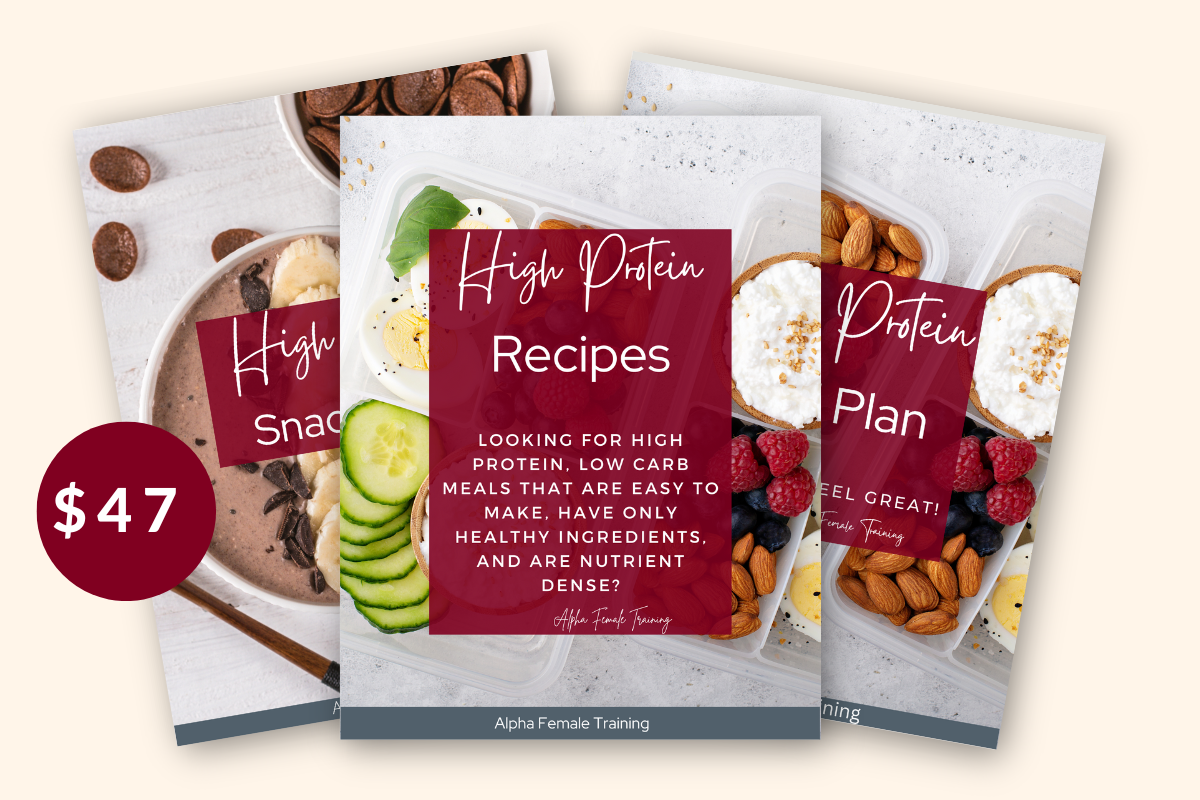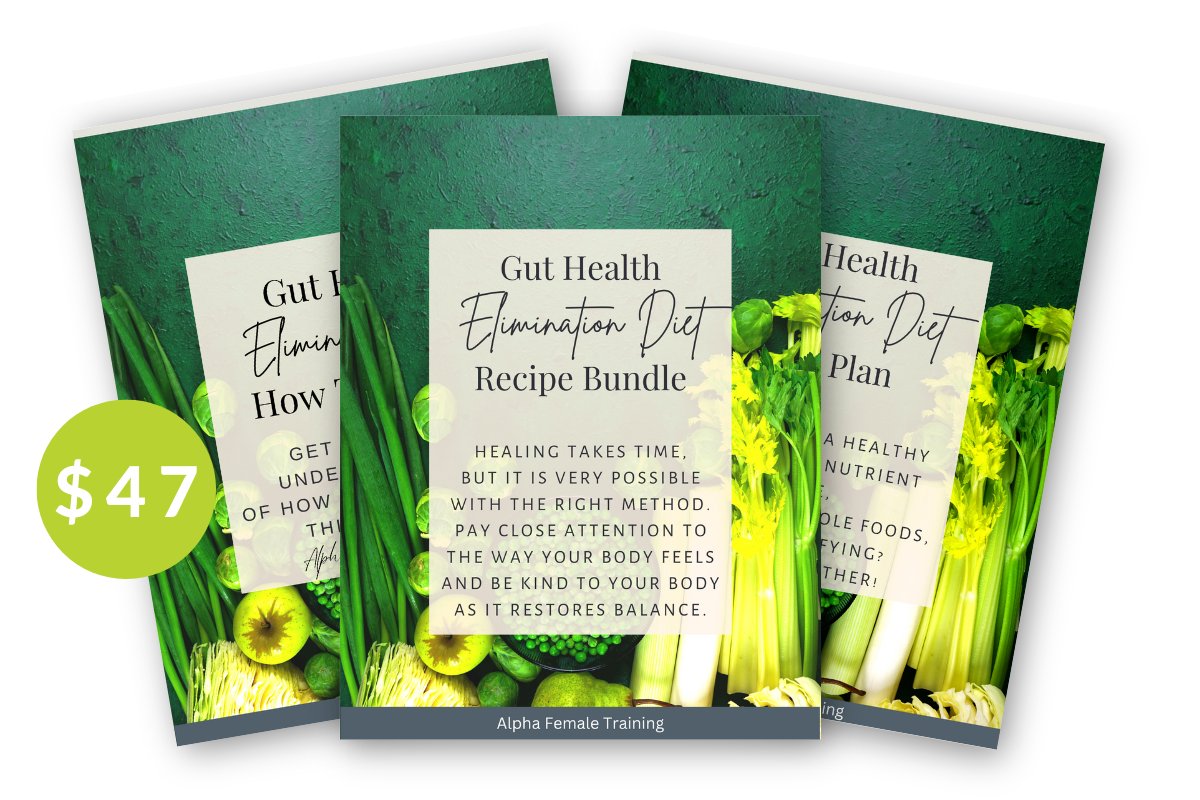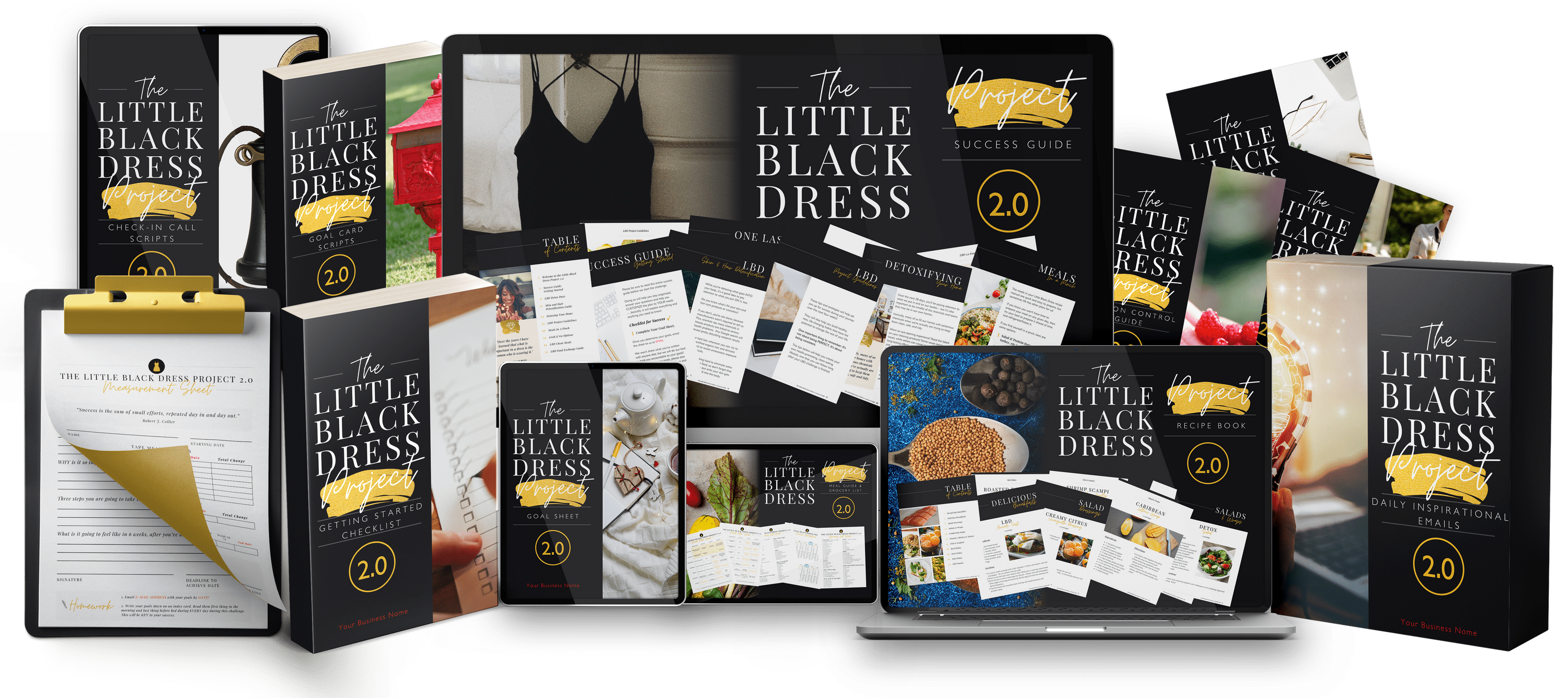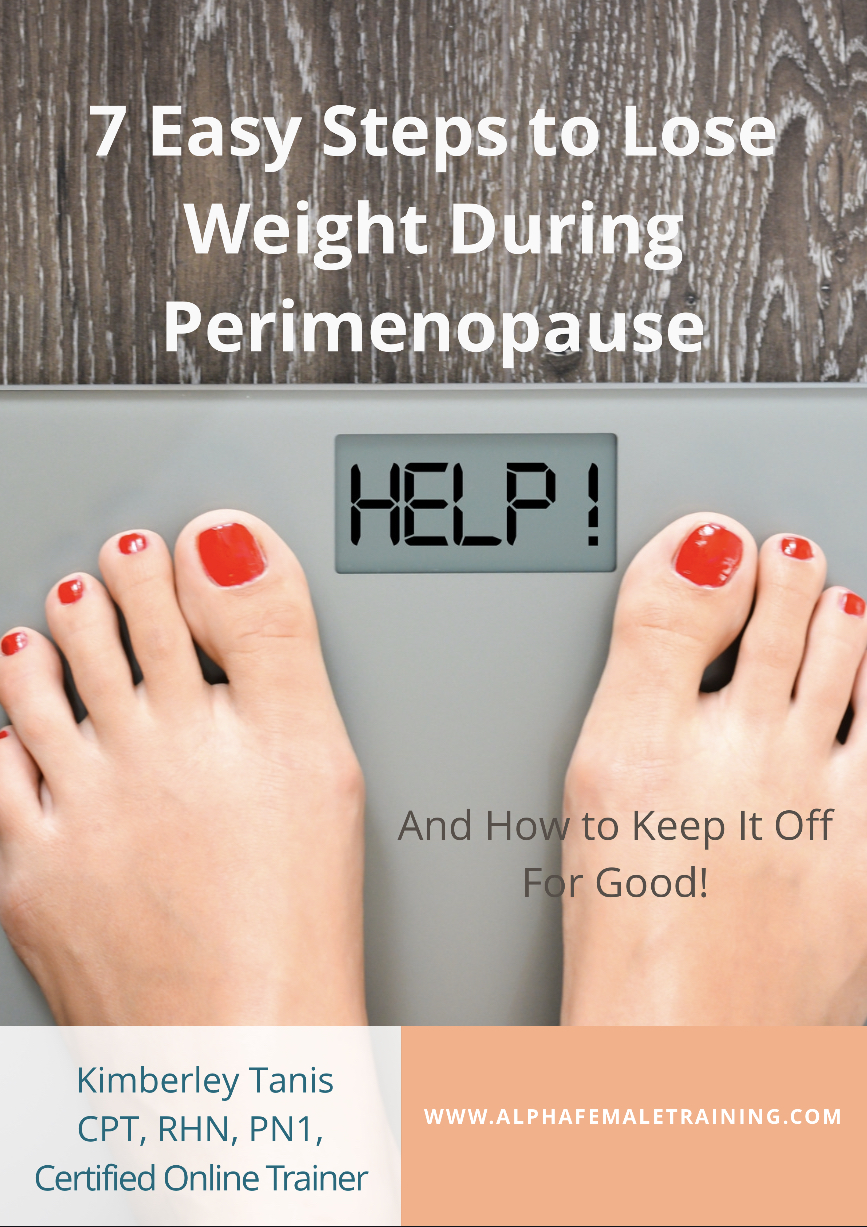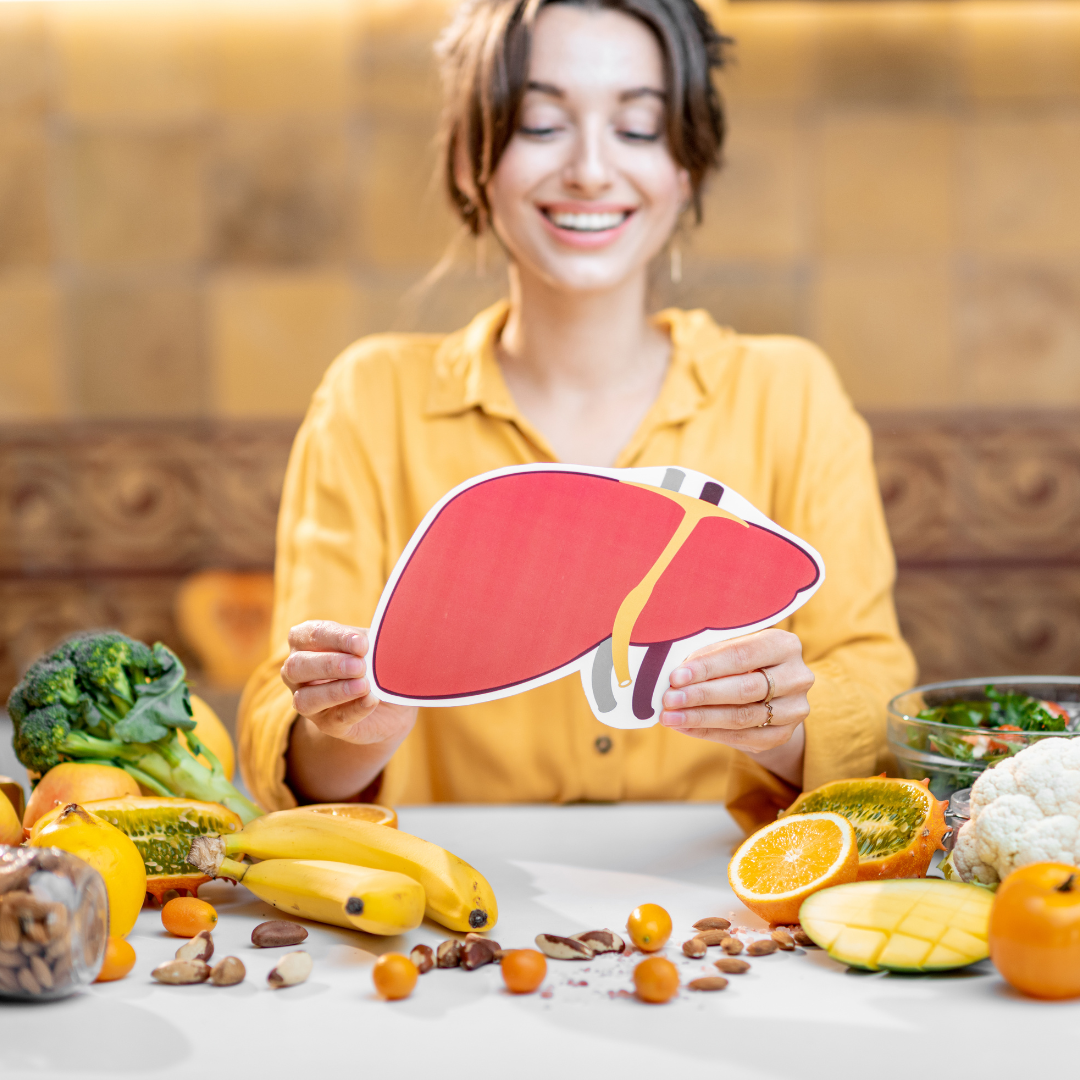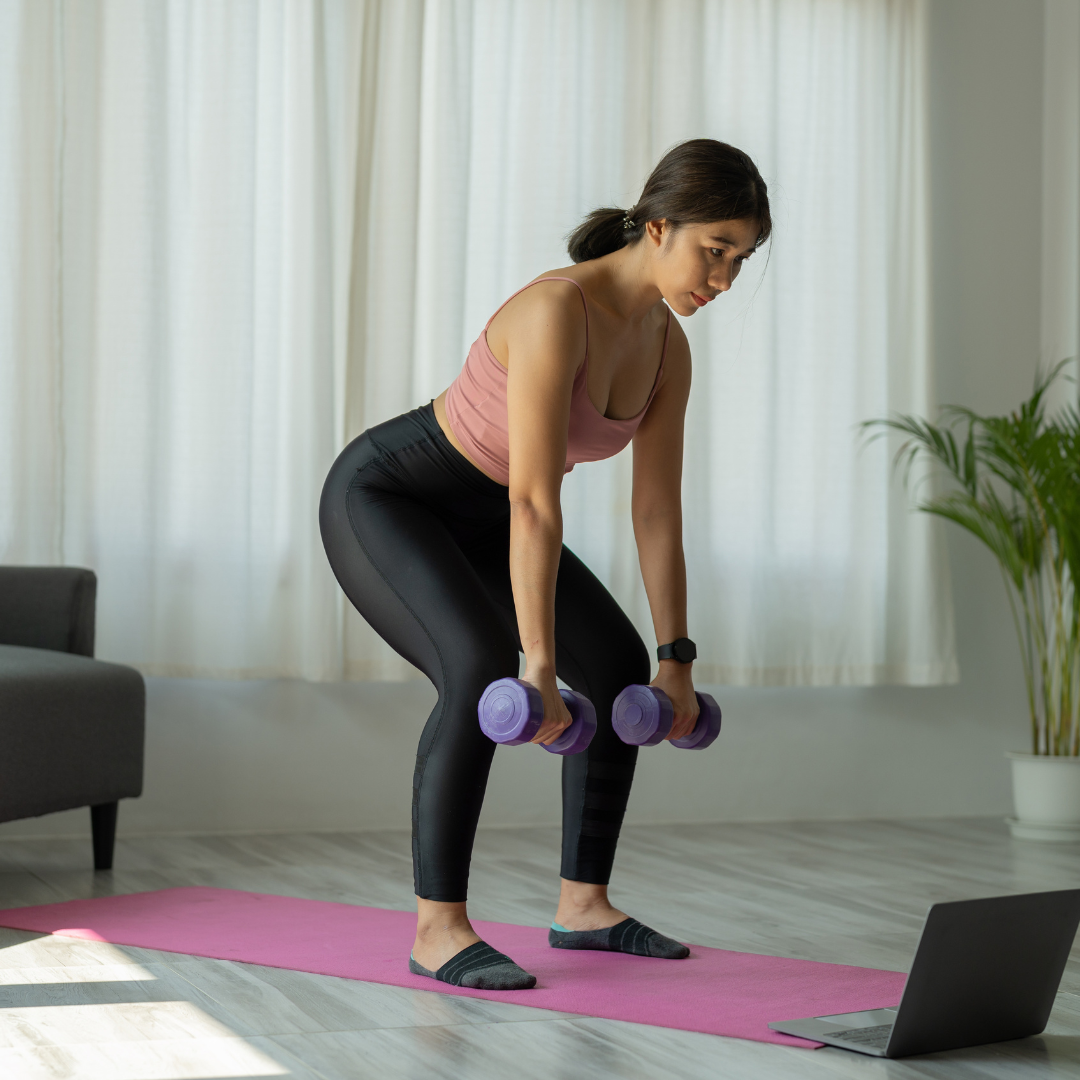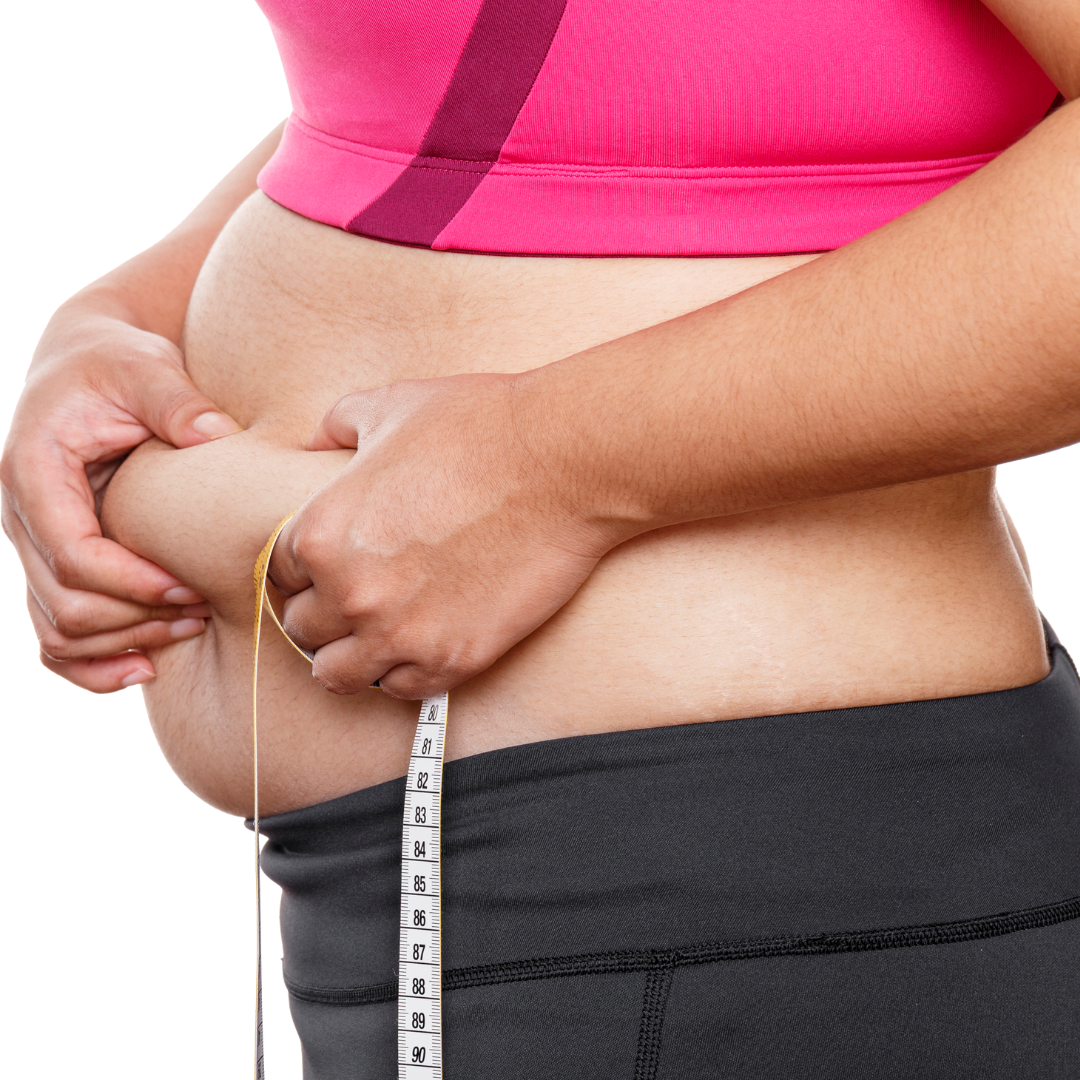How To Reduce Bloating
If you're online right now looking for how to reduce bloating then you're probably pretty uncomfortable and want to find some relief!
Bloating. That oh-so uncomfortable feeling in the gut. Often it rears its ugly head after a large meal. Or a small meal. Or a snack. Or... Maybe you have no idea why it's happening but it isn't fun and it's very common in women going through perimenopause and menopause.
Yikes! How can we figure out what’s causing it? Perhaps you already have some wise de-bloating habits like avoiding foods you already know that give you gas. But that’s not completely solving the problem.
I have five more things you can try to help get to the bottom of your bloating, naturally. And I have a stomach-soothing recipe for you too.
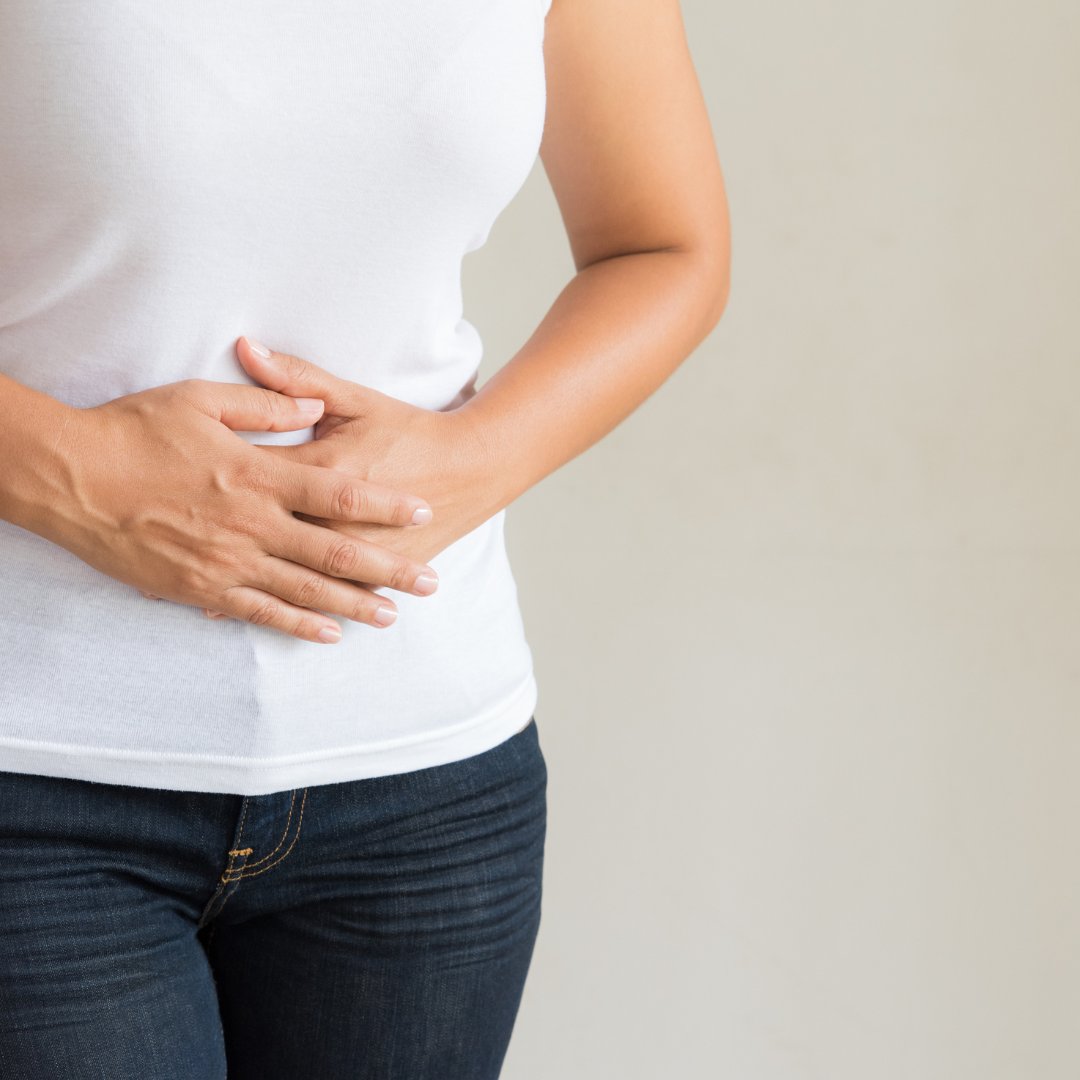
How to Reduce Bloating- 5 Natural Ways
Do you ever feel like your belly is a bit “overextended” after a meal? Do you sometimes feel bloated or experience gas? Have you ever felt like you were carrying a “food baby”?
Well, bloating is a common issue that affects up to 25-30% of people regularly, especially women over 40. It occurs when you have trouble digesting food, which leads to excess gas, food reactions, or food moving through your digestive system too slowly.
There are many reasons why you might experience bloating, including serious conditions like IBS (Irritable Bowel Syndrome), food allergies, or intolerances. It can also result from how you eat.
If you have a serious digestive issue like IBS, it’s important to eat accordingly. Likewise, if you know that certain foods give you gas or bloating, it's best to avoid them.
If you're already doing those things and still experiencing this, here are some natural tips on how to reduce bloating that can help you deal with it effectively.

One effective way to avoid bloating is to watch your portion sizes and not overeat. Overindulging can cause discomfort in the mid-section, as well as putting a strain on your digestive system. To avoid this, it’s best to eat until you feel almost full, and consider having a snack or small meal throughout the day instead of stuffing yourself in one sitting.
Another tip is to steer clear of sugar alcohols, which are low-calorie sweeteners made from sugars, and can cause bloating in some people. Look out for "-ol" on ingredient labels, which indicates sugar alcohols such as sorbitol, xylitol, and erythritol. Avoiding these sweeteners could help reduce bloating symptoms.
Swallowing air can also contribute to bloating. Carbonated drinks, gum chewing, and drinking through straws can all cause you to swallow air, so try to ditch these habits. Eating too quickly or talking while you eat can also cause you to swallow air, so take your time and chew your food thoroughly.
Eating slower and more mindfully can help improve digestion and reduce bloating. Take the time to enjoy your meals, savoring the flavors and aromas. Stress can also worsen bloating, so consider incorporating stress-reducing techniques into your routine, such as meditation or deep breathing.
Lastly, peppermint has been shown to alleviate bloating by relaxing the stomach muscles and increasing the flow of bile. You can try steeping fresh peppermint leaves or a peppermint tea bag and drinking it slowly to see if it helps reduce your symptoms.
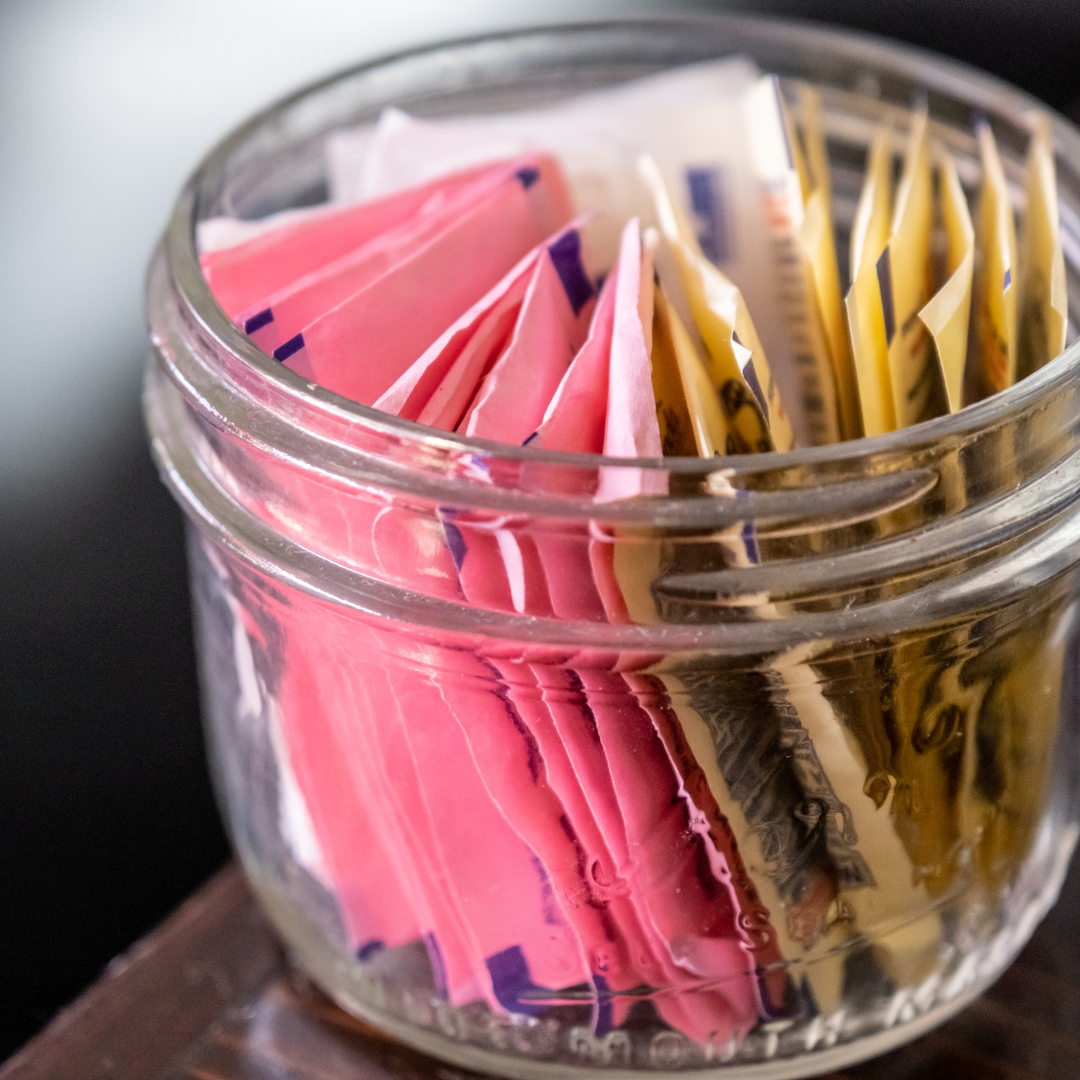
Strategies for how to reduce bloating naturally
If you're looking for natural ways to deal with bloating, there are several methods to consider.
Firstly, avoiding foods that give you gas or irritate your digestive system can be effective. This includes foods that are known to cause bloating, such as beans, broccoli, and onions.
Additionally, try not to overeat, as this can put a strain on your digestive system and lead to bloating.
Limiting your consumption of sugar alcohols, such as sorbitol and xylitol, which are commonly found in sugar-free gums and candies, can also help reduce bloating.
Swallowing air is another cause of bloating, and can occur when drinking carbonated beverages, using a straw, or chewing gum. To avoid this, try to eat and drink more slowly, and avoid talking while you eat.
Eating more mindfully, taking your time to savor your meals, and reducing stress can also improve digestion and reduce bloating.
If you've tried these methods and still experience bloating, you may have a food intolerance or allergy. It's important to speak with your doctor to rule out any serious or chronic conditions.
Additionally, enjoying a cup of peppermint tea has been shown to alleviate bloating by relaxing the stomach muscles and promoting the flow of bile.
Ginger tea can also be calming to the stomach.
You may want to consider supplementing with digestive enzymes with meals to help your body properly digest and absorb the food you eat.
In conclusion, there are several natural ways to deal with bloating, including avoiding gas-inducing foods, limiting sugar alcohols, reducing stress, and enjoying peppermint tea. If bloating persists, it may be indicative of a food intolerance or allergy, and you should speak with your doctor to rule out any serious conditions.
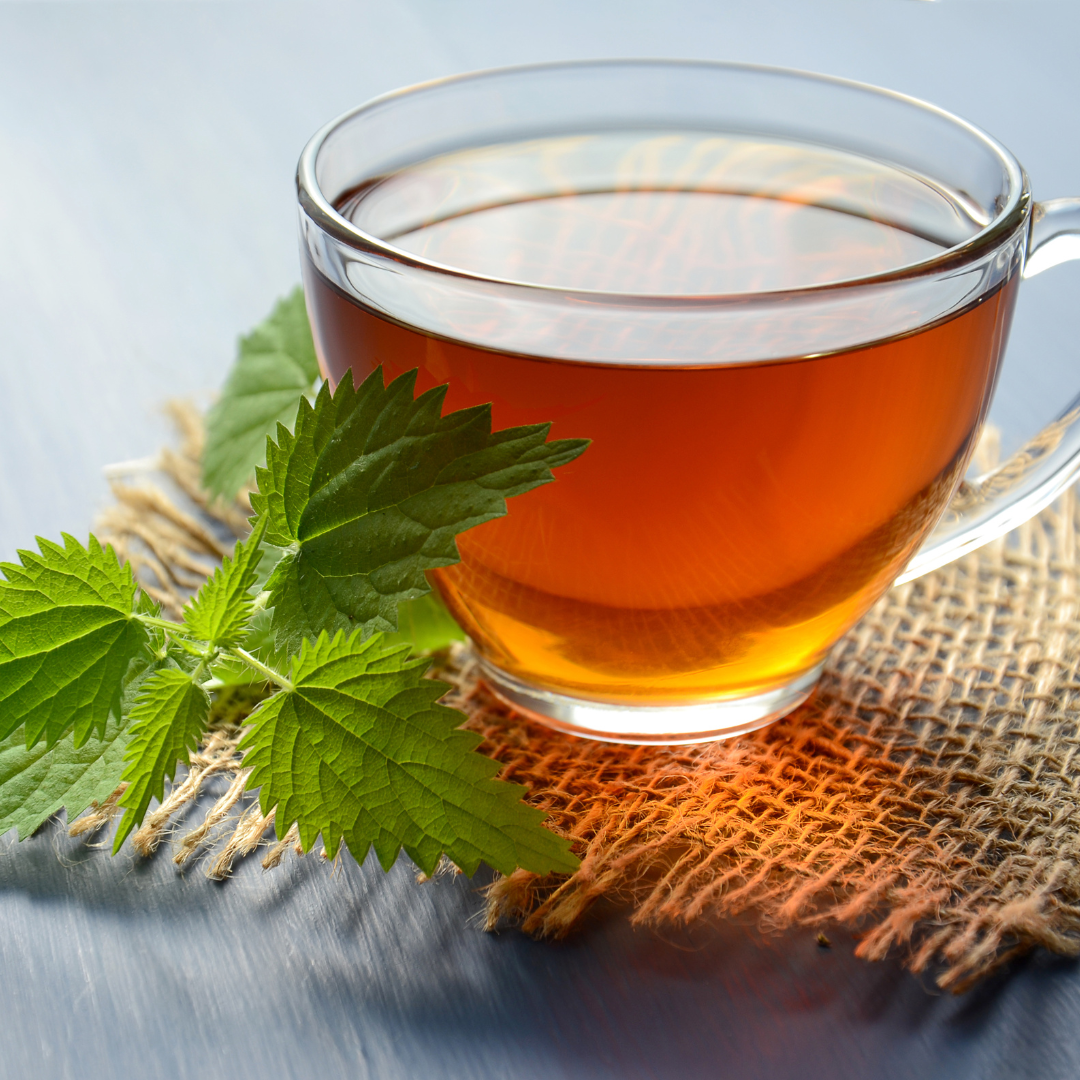
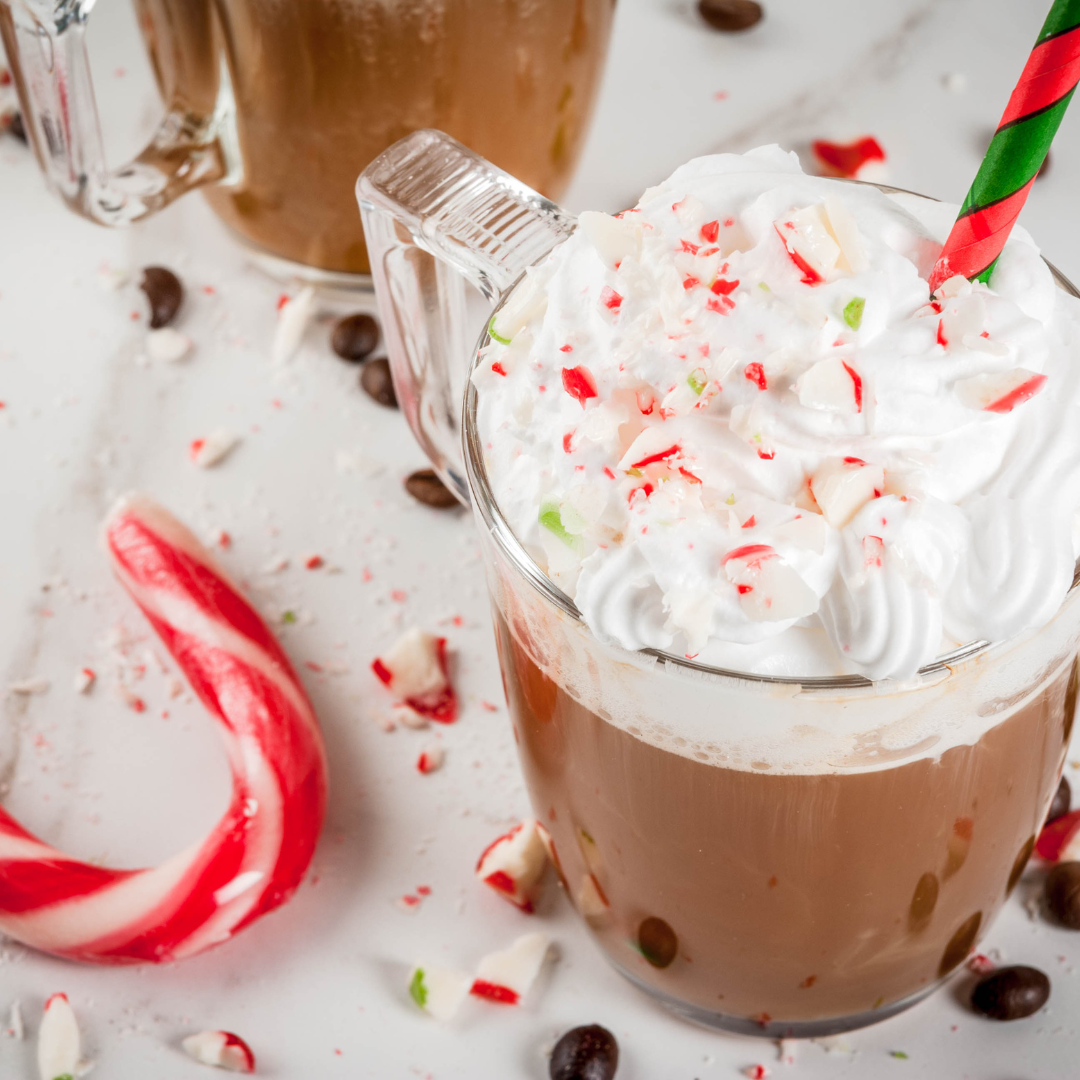
Recipe
(peppermint): Peppermint Mocha Creamer
1 can coconut milk
½ cup almond milk, unsweetened
2 tbsp cacao powder, unsweetened
½ tsp peppermint extract or essential oil (food-grade and safe for internal use)
3 tbsp honey or maple syrup (optional)
Instructions
Place all ingredients in a blender and blend until well combined.
Store in a sealed container in your fridge.
Serve & enjoy!
Tip: While the non-peppermint ingredients in this creamer may or may not be “de-bloating” for you, try these ideas too:
● Grow peppermint yourself;
● Chew on the fresh leaves; and/or
● Steep them for tea.
References:
https://authoritynutrition.com/11-proven-ways-to-reduce-bloating/
